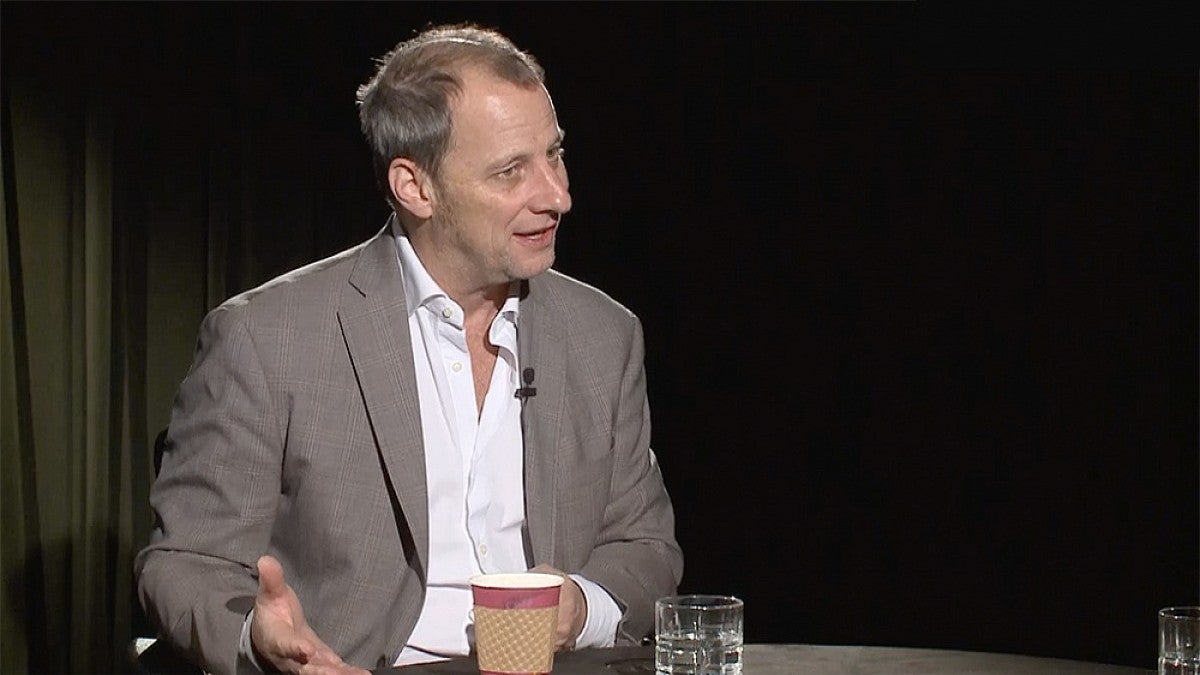When George Packer started researching for his new book, the economy had collapsed and President Barack Obama was newly elected.
Packer thought he would write about Obama as the next Franklin Roosevelt, turning the country in a new direction after a period of reaction. He soon discovered a very different story biding its time — one that would lurk in the rural pockets of the country until the election of Donald Trump brought it to light.
Packer is UO Today’s newest guest. He talked about his book, “The Unwinding: An Inner History of the New Americana,” which weaves the stories of ordinary Americans with sketches of public figures and bits of songs, poems and headlines.
As a staff writer for the New Yorker, Packer was traveling to parts of the country that few reporters reached.
“Everywhere I went, it seemed our democracy was letting people down. The institutions that I grew up taking for granted — schools, newspapers, government — were either nowhere to be seen or were seen almost actively to be working against the people I was writing about,” Packer said. “I began to think, this isn’t a story about some political transformation from right to left, this is about a collapse.”
After years at the magazine, Packer didn’t feel challenged by the structure of New Yorker articles. Taking inspiration from the “U.S.A.” trilogy of historical novels by John Dos Passos, Packer, while retaining his journalistic integrity, gave his writing a novelistic twist.
“I draw a very clean line at invention,” he said. “I don’t invent. But I do portray, characterize, set in motion the scenes that are based on reporting.”
Packer talked about Trump, why he was elected and why he has such loyal supporters.
“They don’t expect anything out of it,” Packer said. “They don’t expect these people to live up to their promises and change their lives — that’s the level of cynicism. What they want is just to hear a guy who says the things that they want said and that gets all the abuse that they may get and takes it and keeps giving it back, and that was more of a reality TV contest than real life. That’s a sign of true decadence in our democracy.”
Packer also talked about how he chose the public figures to profile in his book and how celebrity has taken the place of democratic institutions.
For more, watch the interview on the UO Today channel.
“UO Today” is a weekly half-hour interview program hosted by Paul Peppis, a UO English professor and director of the Oregon Humanities Center. Each episode features a conversation with UO faculty and administrators, visiting scholars, authors or artists.
It is produced by the Oregon Humanities Center in collaboration with UO Libraries’ Center for Media and Educational Technology. An archive of past interviews is available on the Oregon Humanities Center’s website or on their YouTube channel.
—By Sarah Eddy, University Communications


